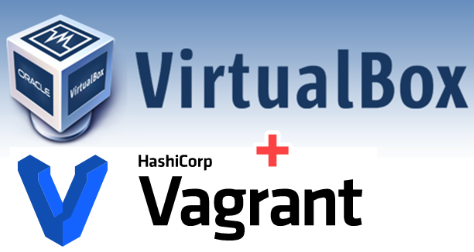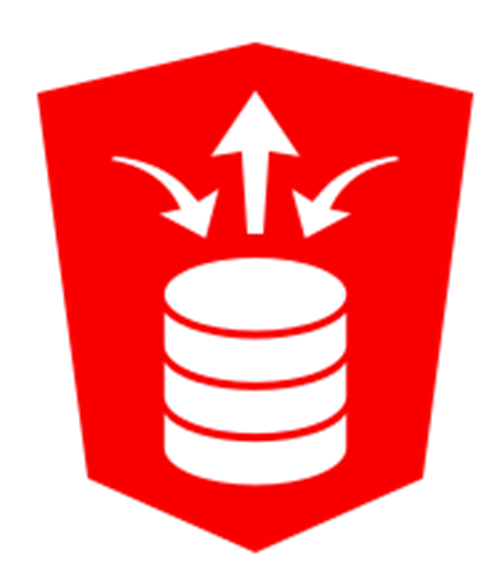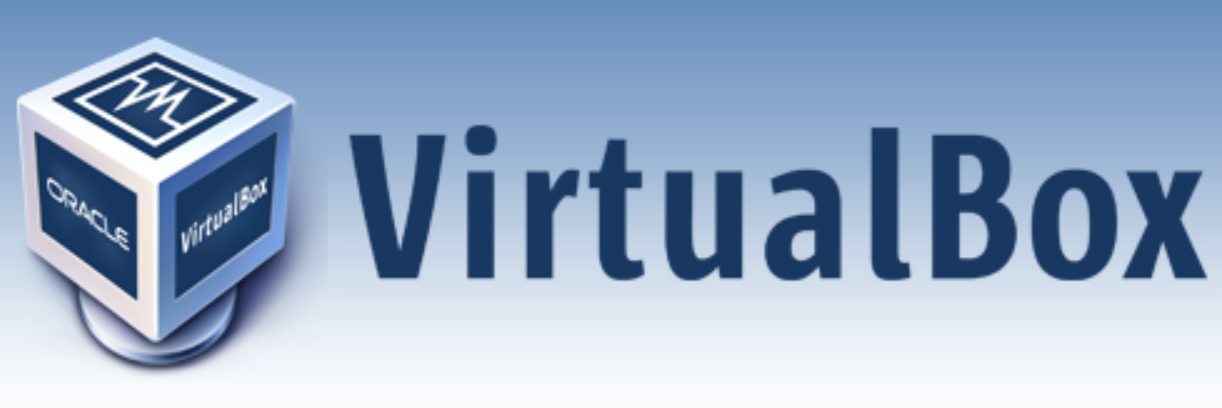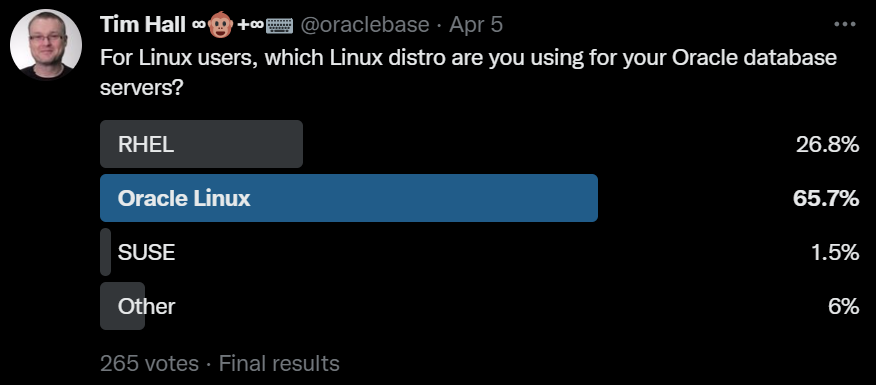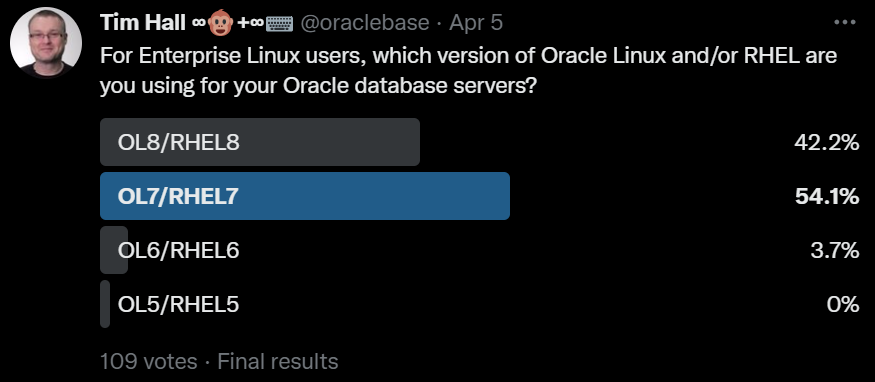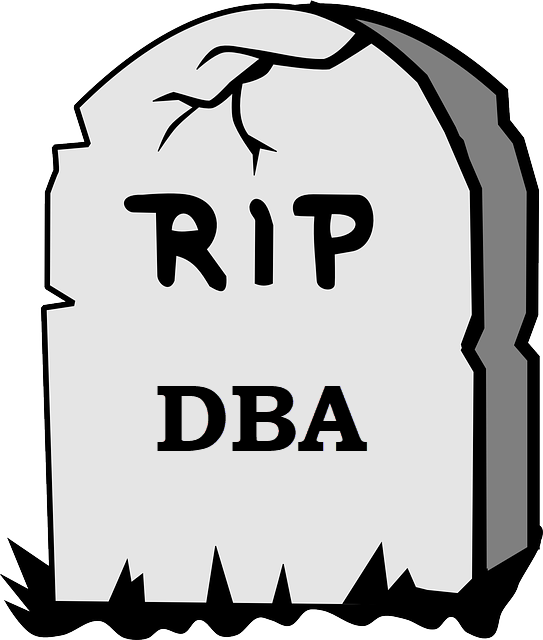If you’ve followed the blog for a while you will know I’ve revisited this topic several times since I first wrote about it in 2007. Here are some links if you want to go down memory lane.
I think I’ve been pretty consistent with my opinion on this subject, but I still get people misunderstanding the argument, so I’m going to try again, without revisiting the contents of all those previous articles.
What is a DBA?
This means something different in each company and each person I speak to.
In some companies it can mean a basic operations job. Install, patch, check backups and run scripts that other people send to you. All of these tasks are easily automated on-prem, and essentially don’t exist on the cloud. If this is the role you do, and this is all you do, you are going to have a bad time unless you gain some new skills. In other companies it can mean something completely different. My official title is “Lead DBA”. What do I do? Just off the top of my head:
- DBA work with Oracle, SQL Server, MySQL.
- Administration of middle tier stuff like WebLogic, Tomcat, NGINX etc.
- I look after the load balancer configuration for a big chunk of the back-end business systems, including writing iRules in TCL.
- Support for a few proprietary 3rd party apps.
- Docker/containers.
- APEX and ORDS. I’m the worlds worst APEX developer (see here), but I have to look after it, and support the APEX developers.
- I don’t do much traditional development in this company, but I provide support when people have SQL and PL/SQL questions, because I’ve done that for a minute. 🙂
- I’m increasingly being drawn into automation using shell scripts, Ansible, Terraform, Liquibase etc.
I’ve already got rid of some of the operational aspects of my job. Over time I’m hoping more will go, but that mostly depends on external constraints holding me back. Even if my involvement with databases stopped completely, I can still remain busy. Am I saying my role is what a DBA should be? No. I think my position is a little more extreme than some. I’m saying DBA is a title that various people and companies use, but it doesn’t really mean anything now. It can be anything from basic operations to “Do Bloody Anything”.
When is it going to happen?
For some companies it already has. Some companies will hang on to the old ways until the bitter end. It won’t happen overnight, but if it is not happening already in your company, what you are likely to see is a gradual drop in operational tasks as they get automated. This allows either the same number of people to cover more systems, or less people to do all the current work.
If you are seeing pieces of your role disappearing, you have to do something else to add value!
But person X disagrees with you!
That’s fine. This is only my opinion and you don’t have to agree, but please check the context of what people are saying. Often the responses to my comments include mentions of performance tuning and diagnosing architectural issues. I have consistently said the “operations DBA” role would go. The job that focuses on the basic grunt work. There will be a continued need for people who can diagnose and solve performance problems, both in the databases and in the application architecture. Moving to the cloud won’t magically cure all performance issues, and some would say they will increase the number of issues. You can still deliver architecturally crap solutions on the cloud. You can still do bad database design and write bad applications. Good people will always find a home, provided they don’t stick rigidly to the past.
You also have to look at the person making the comments. If someone is a performance consultant to the stars, but identifies as a DBA, they are probably going to take these comments personally and hear me saying they are redundant, which I am not. If someone runs a DBA as a service company, they won’t like the sound of this and will go into defensive mode.
I’ve been a regular DBA for most of my working life, and I’ve watched the job evolve. You may have a different experience, and that is fine, but I speak to a lot of people, and I think my opinion on this subject tracks pretty well with what is happening out there.
You are really talking about the cloud aren’t you?
Not. Automation is the thing that is removing the need for the operational DBA and basic system admin roles. Even if your company is in cloud denial, it doesn’t mean they won’t want to take advantage of automation. The cloud makes some things easier from an automation perspective, because the cloud providers have done some of the leg-work for you, but automation existed long before the cloud…
What should I do?
When you know, please let me know so I can do it too. 🙂 Seriously though, keep your mind open to new opportunities, and if you get a chance to try something new, give it a go. Nothing is ever wasted. Some people will gravitate to the data and analytics side of things. Some to development. Some to the architectural end of things. In all cases, there is a lot to learn and the less you know when you start, the harder the journey will be, so get learning whatever you like the look of…
Cheers
Tim…
Update 1: In social media comments, some people have mentioned the term “Data Engineer”. To me a data engineer needs to understand data, and requires and understanding of the development process. I’ve met some operational DBAs that can barely string together a SQL statement. These types of operational DBAs have a lot to learn before they can consider themselves a data engineer. A DBA can become a data engineer, but being a DBA does not mean you are a data engineer.
Update 2: Don’t get distracted by the name DBA. I don’t care about the name of the role. I’m talking about the function the person is performing. If they are performing basic operational tasks, whatever they are called, they need to start getting some new skills.
